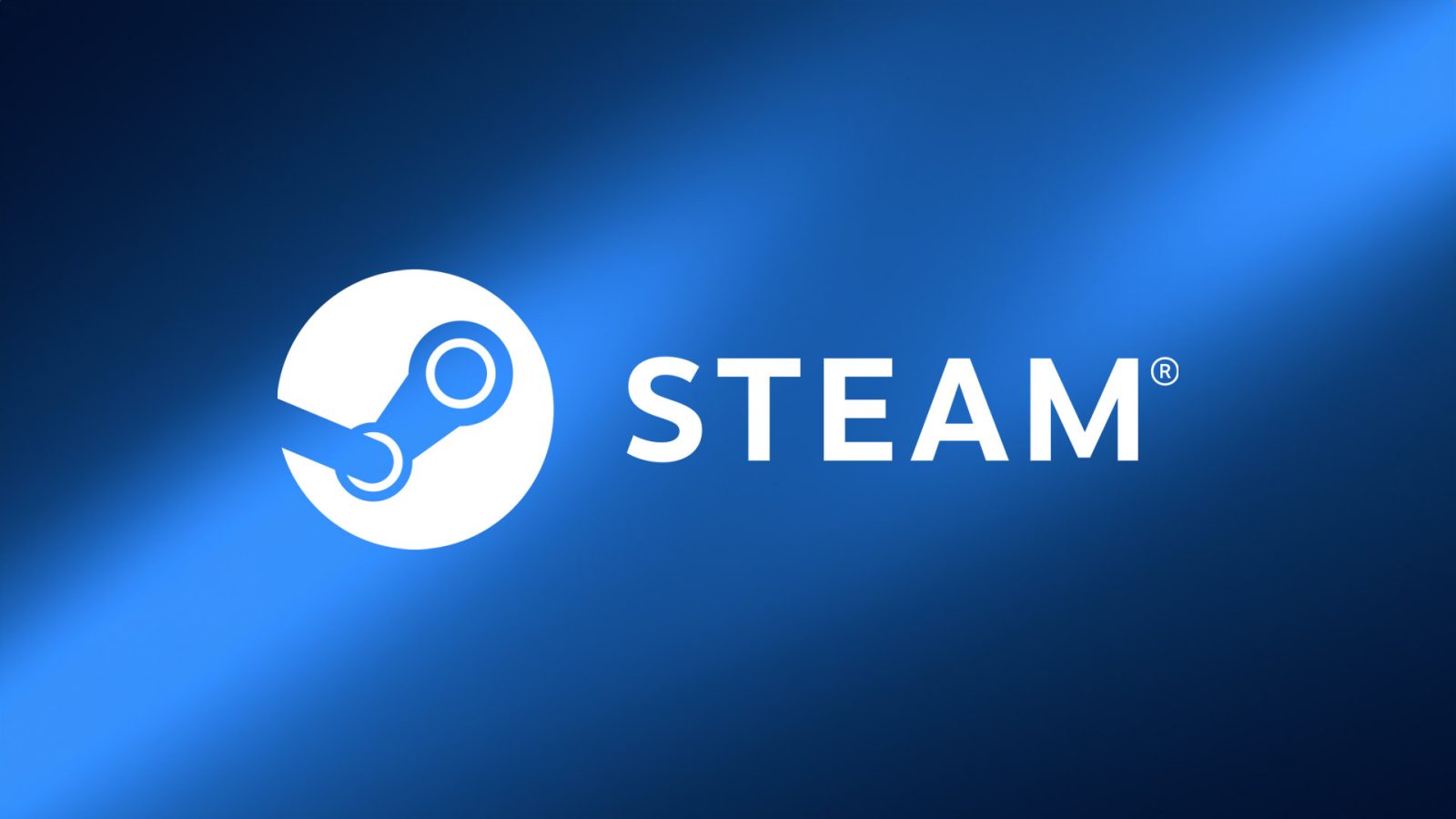
After a years-long wait, Steam for Mac is lastly a local Apple Silicon app. Or about to be. Valve quietly rolled out the brand new model as a part of a beta replace, and you’ll attempt it proper now.
Till now, Steam has relied completely on Rosetta 2 to operate on Apple Silicon Macs. To many customers, that meant further overhead, slower efficiency, and a clunky expertise throughout the board, particularly within the Chromium-based UI that powers a lot of the Steam consumer.
And now with the Rosetta 2 sundown on the horizon, Steam is lastly making the soar.
Sooner, smoother, and at last native
Within the new beta, Steam is now a totally optimized Common app. Meaning dramatically quicker launch instances, noticeably extra responsive scrolling and navigation, and smoother entry to Retailer and Neighborhood pages.
Beneath the hood, the important thing change is that Valve has moved the Chromium Embedded Framework from Intel-only to Apple Silicon. That cuts out one of many largest efficiency bottlenecks in the whole app.
Given how sluggish the consumer may really feel earlier than, the distinction needs to be immediately noticeable. Even fundamental actions like loading your Library or switching tabs will now really feel way more fluid.
Andrew Tsai’s efficiency comparability between the 2:
Find out how to allow the beta
If you wish to attempt the native model immediately, right here’s learn how to choose in:
- Open the Steam app in your Mac.
- Within the menu bar, click on Steam > Settings > Interface.
- Discover the Beta Participation part and select Steam Beta Replace from the dropdown.
- Restart Steam to obtain the up to date model (round 230MB).
- Affirm you’re operating the native model by checking Exercise Monitor — you need to see Steam listed as “Variety: Apple”.
Nice timing
This replace couldn’t come at a greater second: earlier this week, Apple confirmed that Rosetta 2 shall be deprecated in a future model of macOS. Meaning Intel-only apps like Steam, if left unupdated, would ultimately cease working.
Apple says Rosetta 2 will stick round in some capability to help older or unmaintained video games, nevertheless it’s unclear what which means for app launchers like Steam, particularly with Apple now pushing its personal Sport Porting Toolkit 2.
Right here is Apple’s official assertion:
macOS Tahoe would be the final launch for Intel-based Mac computer systems. These techniques will proceed to obtain safety updates for 3 years.
Rosetta was designed to make the transition to Apple silicon simpler, and we plan to make it accessible for the subsequent two main macOS releases – via macOS 27 – as a general-purpose device for Intel apps to assist builders full the migration of their apps. Past this timeframe, we’ll maintain a subset of Rosetta performance geared toward supporting older unmaintained gaming titles, that depend on Intel-based frameworks.
Are you operating the beta? Have you ever seen a distinction? Tell us within the feedback.
FTC: We use revenue incomes auto affiliate hyperlinks. Extra.


